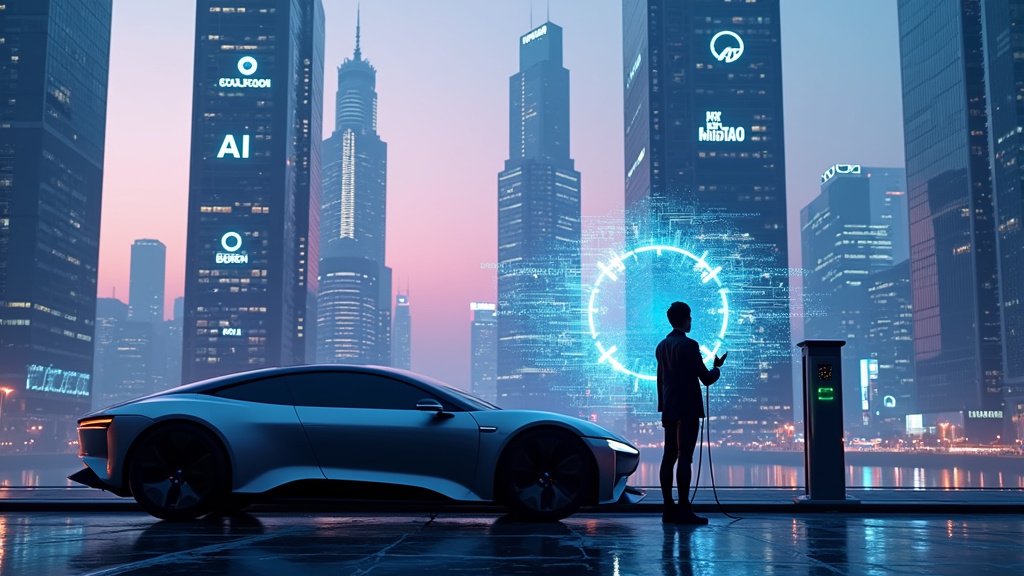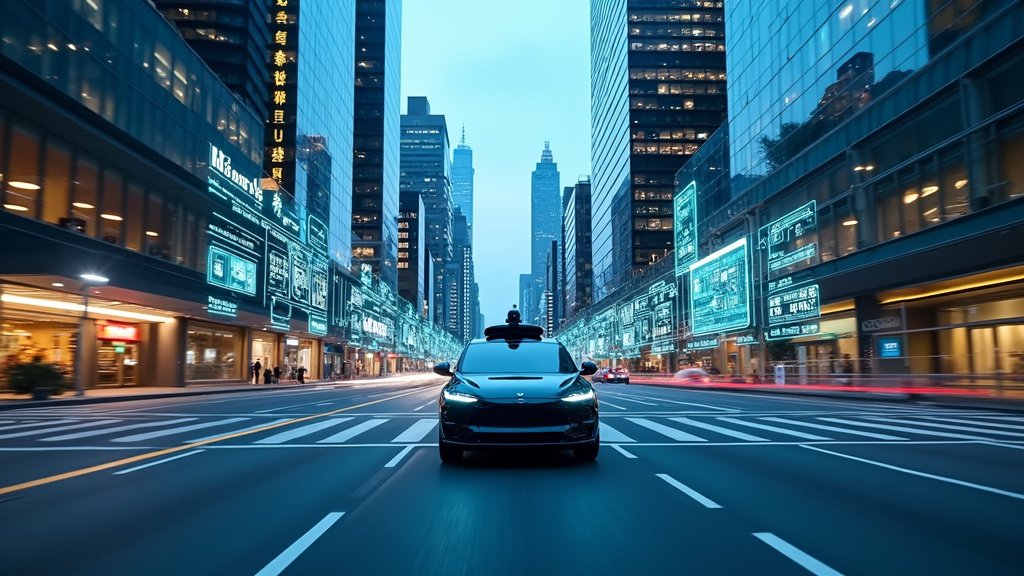June 2025 has proven to be a pivotal month for global technological innovation, marked by accelerating advancements in artificial intelligence, the burgeoning field of quantum computing, significant strides in electric vehicle adoption, and the expanding possibilities of spatial computing.
AI’s Dominant Trajectory
Artificial Intelligence continues its relentless march, solidifying its position as a transformative force across industries. The global AI market was valued at an impressive approximately $758 billion in 2025, with projections indicating a monumental surge to $3.68 trillion by 2034. PwC’s research underscores AI’s profound economic impact, estimating it could boost global GDP by over 15% by 2035 – a growth comparable to the historical influence of the Industrial Revolution. The proliferation of generative AI and large language models has been a key driver of this expansion, evidenced by a remarkable 76% increase in generative AI spending within 2025 alone. Reflecting its growing integration, a substantial 78% of companies are now utilizing AI in at least one business function, with many actively pursuing “AI-first” strategies to harness its capabilities.
Key AI trends observed this period include the ubiquitous presence of generative AI tools for content creation and code generation. Furthermore, AI is increasingly moving “on the edge,” meaning on-device processing is becoming more prevalent, allowing for faster, more private, and efficient operations.
Apple’s Vision for Spatial Computing and Intelligence
In the realm of Augmented Reality and Virtual Reality (AR/VR), Apple’s Vision Pro headset has significantly boosted interest in spatial computing. Further expanding its VR gaming ecosystem, Apple announced support for PlayStation VR2 game controllers, signaling a commitment to a more integrated and immersive virtual reality experience. The broader AR/VR market is expected to reach between $200 billion and $300 billion by 2030, highlighting its substantial growth potential.
Consumer electronics are increasingly infused with AI and voice assistant capabilities. Apple, during its WWDC 2025 event, unveiled “Apple Intelligence,” a comprehensive suite of AI features designed to enhance its device ecosystem. These new capabilities include real-time Live Translation for calls and messages, advanced visual intelligence for contextual on-screen content searching, and significant enhancements to Image Playground and Genmoji for creative expression. Notably, the integration of ChatGPT will further bolster image generation capacities. Apple also revealed that its on-device large language model would be accessible to third-party developers, emphasizing a strong commitment to privacy-focused AI development.
Quantum Computing and National Ambitions
Quantum computing is emerging as a critical national strategic priority. India took a significant step forward with the launch of its first indigenous quantum computer, a 25-qubit system, as part of its ambitious National Quantum Mission. This development complements India’s substantial investments in classical supercomputing, paving the way for advanced hybrid computing capabilities.
Broader Technological Advancements
Beyond AI and quantum computing, June 2025 has also witnessed significant activity in other key technology sectors. Electric vehicles (EVs) have achieved record sales, indicating a accelerating shift towards sustainable transportation. Concurrently, substantial advancements are being made in biotechnology and space exploration, further diversifying the landscape of technological progress.




